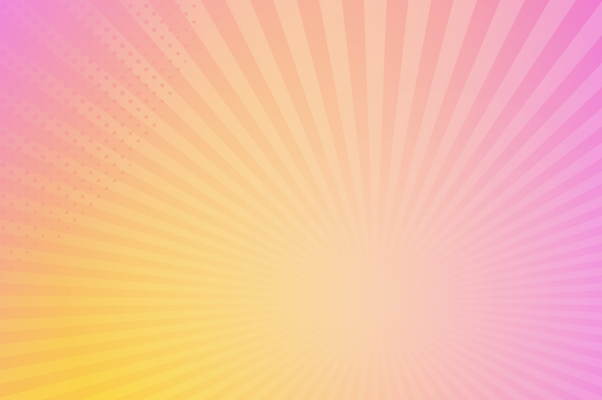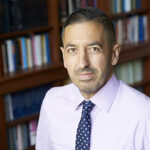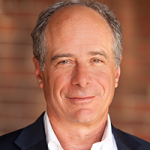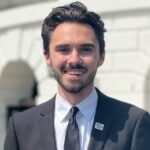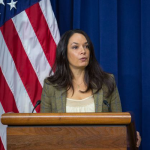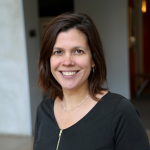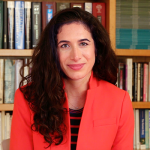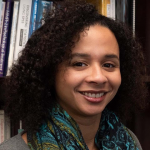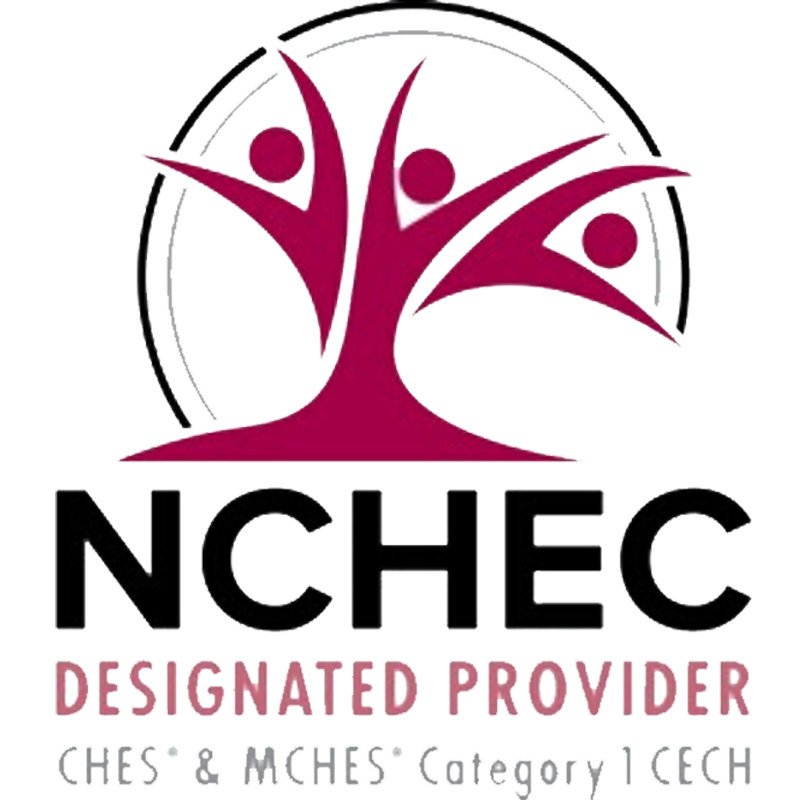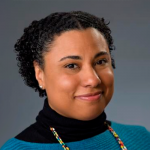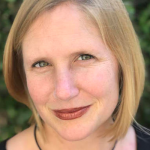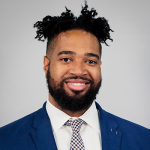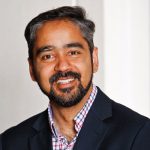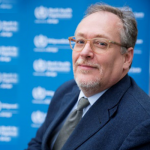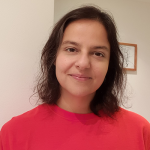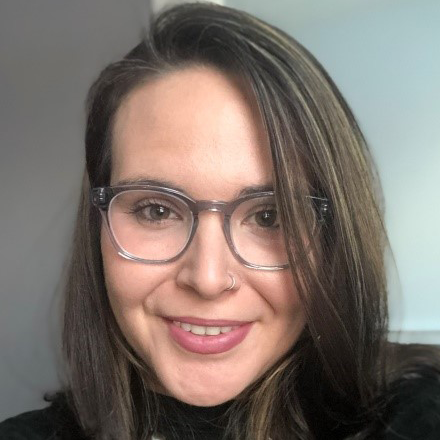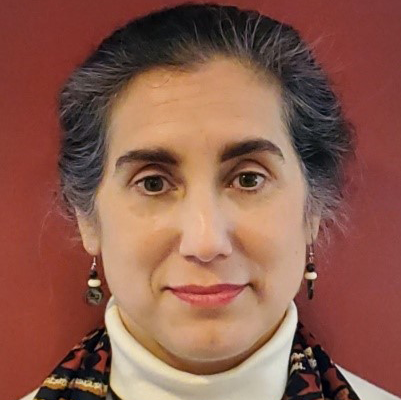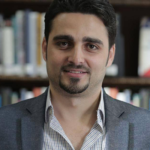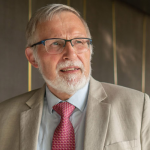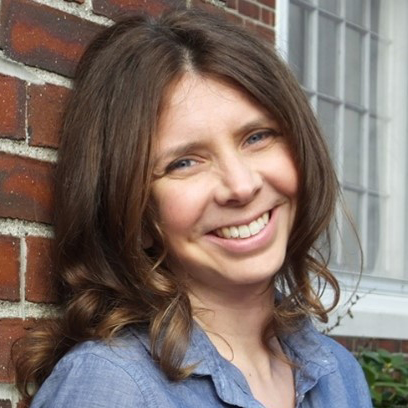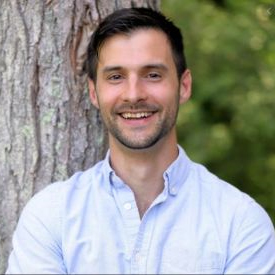
Centering the Health of Mothers in the Public Health Agenda
How do we put the needs of mothers at the heart of public health?


Register
Course Information
- Audience: Public Health Professionals
- Format: Recorded Webinar
- Date/Time: Monday, October 24, 2022, 1:00 PM – 2:30 PM ET
- Price: Free
- Length: 1.5 hours
- Credential(s) eligible for contact hours: Sponsored by New England Public Health Training Center (NEPHTC), a designated provider of continuing education contact hours (CECH) in health education by the National Commission for Health Education Credentialing, Inc. This program is designated for Certified Health Education Specialists (CHES) and/or Master Certified Health Education Specialists (MCHES) to receive up to 1.5 total Category I continuing education contact hours. Maximum advanced-level continuing education contact hours are 0. Provider ID: 1131137 Event ID: SS1131137_CHMPHA.If you are not seeking a CHES/MCHES contact hours, if you complete the post-test and evaluation, you will receive a Certificate of Completion. The Certificate will include the length of the course.
- Competencies: Health Equity Skills
- Learning Level: Awareness
- Companion Trainings: None
- Supplemental materials:None
- Pre-requisites: None
About this Recording
Approximately 4 million women give birth each year in the U.S. Yet, traditional public health approaches have continued to consider maternal and child health together. How do we put the needs of mothers at the heart of public health? And how do we ensure attention to the health of all persons who give birth?
What you'll learn
At the end of the recording, participants will be able to:
- Describe the limited reproductive choices that black women, women of color, and immigrant women have due to structural racism.
- Define reproductive justice and discuss the right of all people to have or not have children under safe conditions.
- Discuss the need for culturally and linguistically appropriate healthcare for achieving reproductive autonomy.
- Analyze the role popular visual culture has in depicting the fetus and the pregnant body.
- Assess the maternal mental health difficulties during the perinatal period and identify the impacts this has on fetal health.
- Discuss how campaigns and interventions used in the UK can be applied to the U.S. to improve maternal mental health outcomes.
Moderator

Priyanka Dayal McCluskey
@PRIYANKA_DAYAL
Senior Health Reporter, WBUR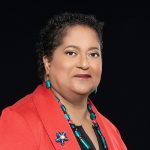
Marcela Howell
@BLACKWOMENSRJ
President; CEO, In Our Own Voice: National Black Women's Reproductive Justice Agenda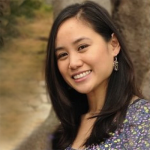
May Sudhinaraset
@UCLAFSPH
Associate Professor, University of California Los Angeles Fielding School of Public Health
Monica McLemore
@MCLEMOREMR
Professor, Interim Director, Center for Anti-Racism in Nursing University of Washington, School of Nursing
Elizabeth Armstrong
@PRINCETON
Head of Butler College, Associate Professor of Sociology and Public Affairs, Princeton University
Fiona Challacombe
@DRFIONACH
NIHR Clinical
Lecturer,
Kings College London
Priyanka Dayal McCluskey is a senior health reporter for WBUR, Boston’s NPR news station. Her work airs on the radio and appears online at WBUR.org. Before joining WBUR in 2022, she spent eight years as a health care reporter at The Boston Globe. She previously covered health and medicine at the Boston Herald. She began her career writing local news for the Worcester Telegram & Gazette. Priyanka’s coverage spans health business and policy, medical research, and health disparities. She is focused on how the health care system serves — and doesn’t serve — patients. Her recent work chronicles the impact of the COVID-19 pandemic on patients, workers, and the health care system. She is a co-author of WBUR’s CommonHealth newsletter. Priyanka has a B.S. in Journalism and a B.A. in Political Science from Boston University.
Subject Matter Experts
Marcela Howell is the president & CEO of In Our Own Voice: National Black Women’s Reproductive Justice Agenda, a national-state partnership with eight Black women’s Reproductive Justice organizations with a goal of lifting up the voices of Black leaders on reproductive rights, health and justice. An advocate and policy strategist, Marcela is recognized for her expertise in strategic communications, leadership development and policy forecasting. With over 40 years of experience advocating for reproductive justice and women’s empowerment, she is devoted to enhancing the role of Black women in national policy debates on issues that impact their lives. Marcela has testified before Congress on abortion access, reproductive rights and justice and the empowerment of Black women and has been quoted in numerous publications, including Newsweek, Washington Post, Ms. Magazine, Blavity, and Essence Magazine. Marcela is the author of Walk in My Shoes: A Black Activist’s Guide to Surviving the Women’s Movement, a collection of inspirational essays to help young Black women navigate the women’s movement and empower them to become leaders in the fight for reproductive justice.
Dr. May Sudhinaraset, PhD is an Associate Professor in Community Health Sciences in the School of Public Health at UCLA. She is trained as a social epidemiologist from Johns Hopkins Bloomberg School of Public Health. Her research focuses on understanding the social determinants of migrant, adolescent, and women’s health both globally and in the US. Her work centers around three complementary streams of work: (1) social and cultural contexts of vulnerable adolescents and women; (2) global women’s health and quality of service delivery; and (3) social policies and immigration in the US. Her global work includes women’s experiences during childbirth, family planning, and abortion services, development of quality improvement interventions in Kenya and India, and large-scale maternal and child health evaluations in Myanmar. She currently is Principal Investigator of the BRAVE Study (Bridging communities Raising API Voices for health Equity), the first study to assess the health status and health care utilization of undocumented Asian and Pacific Islander young adults. Using community participatory approaches, this study explores the impact of social policies, including Deferred Action for Childhood Arrivals, on the social and health outcomes of undocumented young adults. She has collaborated with institutions and researchers in Myanmar, Kenya, India, Thailand and China.
Dr. Monica R. McLemore is a tenured professor in the Child, Family, and Population Health Department and the Interim Director for the Center for Anti-Racism in Nursing at the University of Washington School of Nursing. Prior to her arrival at UW, she was a tenured associate professor at the University of California, San Francisco and was named the Thelma Shobe Endowed Chair in 2021. She retired from clinical practice as a public health and staff nurse after a 28-year clinical nursing career in 2019, however, continues to provide flu and COVID-19 vaccines. Her program of research is focused on understanding reproductive health and justice. To date, she has 93 peer reviewed articles, OpEds and commentaries and her research has been cited in the Huffington Post, Lavender Health, five amicus briefs to the Supreme Court of the United States, and three National Academies of Science, Engineering, and Medicine reports, and a data visualization project entitled How To Fix Maternal Mortality: The first step is to stop blaming women that was published in the 2019 Future of Medicine edition of Scientific American. Her work has also appeared in publications such as Dame Magazine, Politico, ProPublica/NPR and she made a voice appearance in Terrance Nance’s HBO series Random Acts of Flyness. She is the recipient of numerous awards and currently serves as chair for Sexual and Reproductive Health section of the American Public Health Association. She was inducted as a fellow of the American Academy of Nursing in 2019. She became the Editor in Chief of Health Equity Journal in 2022.
Elizabeth M Armstrong is an Associate Professor in the Department of Sociology with joint affiliations in The Princeton School of Public and International Affairs and the Office of Population Research. Her research interests include public health, the history and sociology of medicine, risk in obstetrics, and medical ethics. She is currently conducting research on diseases and agenda-setting, and on fetal personhood and the evolution of obstetrical practice and ethics. She is the author or coauthor of articles in Health Affairs, Social Science and Medicine, Journal of Marriage and the Family, International Family Planning Perspectives, and Studies in Family Planning and is the author of Conceiving Risk, Bearing Responsibility: Fetal Alcohol Syndrome and the Diagnosis of Moral Disorder (Johns Hopkins University Press, 2003). She was a Robert Wood Johnson Foundation Scholar in Health Policy Research at the University of Michigan from 1998-2000. Ph.D. University of Pennsylvania.
Dr. Challacombe qualified as a clinical psychologist from the IOPPN, King’s College London in 2005. After working in clinical practice she gained a Peggy Pollak research fellowship from the Psychiatry Research Trust and completed a PhD at King’s College London in 2014. Her research examined the impact of perinatal obsessive-compulsive disorder on women and children. She conducted the first randomised controlled trial of CBT for postpartum OCD, investigating treatment effects on anxiety and parenting. She joined the Section of Women’s Mental Health at the IOPPN in 2017 and gained an NIHR fellowship to investigate treatments for perinatal anxiety disorders in 2018. She is a senior clinician at the Maudsley Centre for Anxiety Disorders and Trauma (CADAT) where she has developed and leads a sub-service for parents with anxiety disorders. She is author of the self-help book Break Free from OCD and a therapist treatment manual CBT for OCD.
Registration
Select the Enroll Me button below to register for this recording. If you have any trouble accessing the recording, contact support@nephtc.org.
Acknowledgement: This project is supported by the Health Resources and Services Administration (HRSA) of the U.S. Department of Health and Human Services (HHS) as part of award 2 UB6HP31685‐05‐00 “Public Health Training Centers.” The contents are those of the author(s) and do not necessarily represent the official views of, nor an endorsement, by HRSA, HHS or the U.S. Government.


